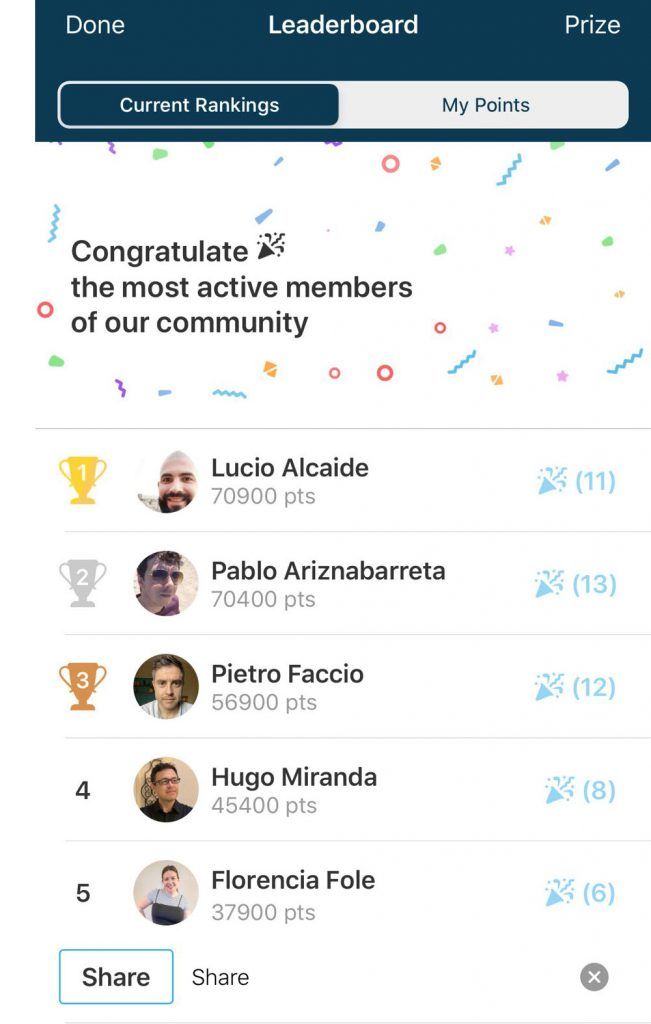In June 2020, three members of the Terra Localizations team logged on to the Game Global Digital Summit (GGS) for two days of chin wagging and hobnobbing with other video game globalization and localization experts from all over the world. Florencia Fole, Business Development Manager, Cinthya Severino, Operations Lead, and Lucio Alcaide, Project Manager, explain with excitement how the event served as an enlightening opportunity to share and discuss new ideas with professionals in every level of the industry.

What we learned
Of the many topics covered during the event, Cinthya and Lucio both agree that getting a more well-rounded understanding of video game development from top-to-bottom, left-to-right, was perhaps the most beneficial. A self-professed geek, Cinthya feels that learning how games are developed, written, and processed was fascinating to her personally as a gamer, and invaluable professionally as a project manager as it allows her to understand her clients’ decision-making processes. Requests come in all shapes and sizes, and often with tight turnaround times, but having a better idea of why a client might want something done a certain way helps to reduce anxiety and guess-work.
For Lucio, a discussion of racing games drove him to recall a specific moment in his experience with video game localization in which he learned the importance of realism. The more real and authentic our localization decisions, the more emotion we translate into our term choices, which leads to a higher level of gamer engagement. In the end, isn’t positively engaging with the audience the whole point of successful localization? Feeling the love for it, the passion, is a reminder that being technically correct is only one part of the process.
GGS has been a learning experience, to be sure, but it has also served to boost confidence and morale within the Terra team. As Cinthya puts it, “our processes are good, lean, effective, and polished.” Attending conferences and networking with peers are some of the best ways to continue education within the localization industry, especially when it comes to exploring new technologies in a world of ever-evolving technological capabilities. Adaptability is key, and the team express a humble optimism about the future and continuing to test and implement new resources whenever opportunities arise.
Human connection

While it may seem obvious, it is important to remember that human connection is the foundation on which the video game localization industry is built. Communicating on a human level is perhaps more complicated and necessary than ever as our lives have shifted heavily to virtual formats out of both convenience and necessity. The GGS, for example, was originally planned as a massive, in-person event in Berlin before the pandemic hit. Whereas many might struggle in this transition to a virtual event, Cinthya and Lucio believe that working with Terra put them at an advantage to get the most out of the new setting. As remote workplace pioneers, Terra’s team members are no strangers to juggling time zones, navigating new apps, and achieving human connection through global communication. In fact, Lucio dived so deeply into the forum discussions that he reached the top 10 leaderboard of most active members and found himself relying on Cinthya’s notes when he fell behind in taking his own! Embracing the social aspect of the industry, as he puts it, helps to build stronger relationships with everyone from teammates and peers to clients and linguists.
As we all move forward, doing our best each day in uncertain times, we hope that Cinthya’s words might bring some comfort: “No matter who you are or where you are positioned in the industry, we all come from the same place of loving what we do.”
